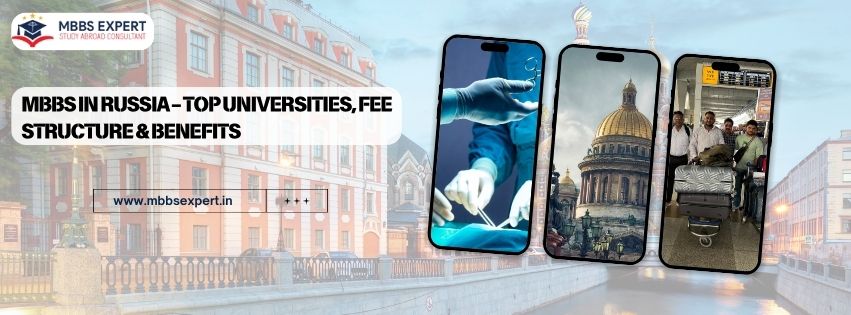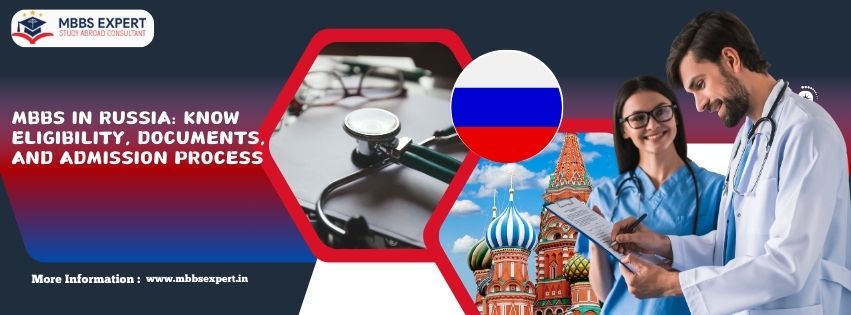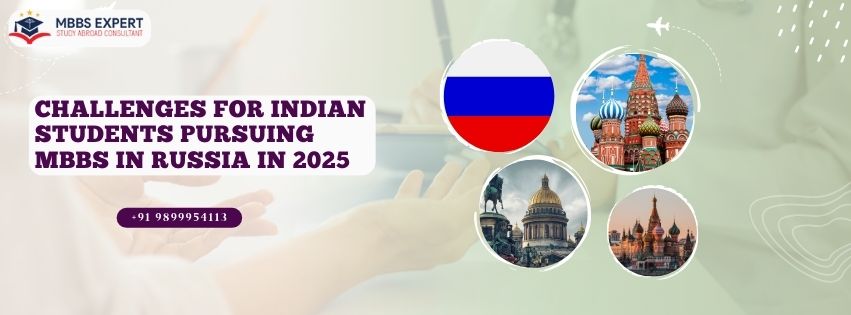MBBS in Russia – Top Universities, Fee Structure & Benefits The dream of pursuing a…
Rostov State Medical University: Curriculum and Teaching Methods for Indian Students
![]()
Rostov State Medical University: Curriculum and Teaching Methods for Indian Students
Rostov State Medical University (RSMU) in Russia offers a comprehensive and internationally recognized MBBS program tailored to meet global standards. The curriculum and teaching methods at RSMU are designed to provide students with a robust medical education, integrating theoretical knowledge with practical skills. This overview highlights the key aspects of the curriculum and teaching methods at RSMU, particularly for Indian students.
Curriculum Overview
The MBBS program at Rostov State Medical University is structured to ensure a well-rounded medical education. The curriculum spans six years and includes a mix of classroom learning, practical training, and clinical rotations. Here’s a detailed look at what students can expect:
1. Foundation Year
The first year focuses on building a strong foundation in basic sciences. Subjects covered include:
- Anatomy: Study of human body structures and systems.
- Biochemistry: Chemical processes and substances in living organisms.
- Physiology: Functions and mechanisms of the human body.
- Histology: Microscopic study of tissues and cells.
2. Clinical Skills Development
The second and third years introduce students to clinical skills and patient interactions. Key components include:
- Clinical Anatomy: Detailed study of anatomical structures through cadaver dissection and imaging.
- Clinical Skills: Practical sessions on physical examination, patient history taking, and basic diagnostic skills.
- Pharmacology: Study of drugs and their effects on the human body.
3. Clinical Rotations
In the fourth, fifth, and sixth years, students undertake clinical rotations in various medical specialties. These rotations provide hands-on experience in:
- Internal Medicine: Diagnosis and treatment of adult diseases.
- Surgery: Surgical techniques and procedures.
- Pediatrics: Medical care for children and adolescents.
- Gynecology and Obstetrics: Women’s health and childbirth.
- Psychiatry: Mental health and disorders.
- Emergency Medicine: Acute care and emergency situations.
4. Electives and Research
Students have opportunities to choose electives in specialized fields and engage in research projects. Electives allow students to explore areas of interest and gain additional expertise in specific medical fields.
5. Final Year and Licensing Preparation
The final year focuses on preparing students for medical practice and licensing examinations. It includes:
- Internship: Practical experience in various medical departments, applying knowledge gained throughout the program.
- Preparation for Licensing Exams: Training and resources to prepare for licensing exams, including the Foreign Medical Graduate Examination (FMGE) for Indian students.
Teaching Methods
RSMU employs a range of teaching methods to ensure effective learning and skill development:
1. Lectures and Seminars
- Lectures: Delivered by experienced faculty members, covering theoretical aspects of medical science.
- Seminars: Interactive sessions that encourage student participation and discussion on various medical topics.
2. Practical Sessions and Labs
- Laboratories: Hands-on sessions in laboratories for subjects like anatomy, biochemistry, and physiology.
- Clinical Skills Labs: Training in clinical skills using simulation models and practice scenarios.
3. Clinical Rotations
- Hospital-Based Learning: Rotations in affiliated hospitals provide real-world clinical experience and patient interaction.
- Case Studies: Analysis of medical cases to develop diagnostic and treatment skills.
4. Tutorials and Small Group Discussions
- Tutorials: Small group sessions for personalized instruction and in-depth discussion of complex topics.
- Group Work: Collaborative projects and discussions to enhance learning and teamwork skills.
5. E-Learning and Resources
- Online Resources: Access to digital libraries, e-books, and online courses for supplementary learning.
- Virtual Simulations: Use of virtual simulation tools for practicing clinical skills and decision-making.
Support for Indian Students
RSMU offers various support services to help Indian students adapt to their studies and life in Russia:
- Language Support: English-medium instruction minimizes language barriers, and additional language support is available if needed.
- Academic Advising: Guidance from academic advisors to help students navigate their studies and career planning.
- Cultural Integration: Orientation programs and cultural activities to help students acclimate to life in Russia.
Conclusion
Rostov State Medical University provides a well-rounded MBBS curriculum designed to equip students with the necessary medical knowledge and clinical skills. The program’s structured approach, combined with diverse teaching methods, ensures that students are prepared for a successful medical career. Indian students benefit from RSMU’s comprehensive curriculum, practical training, and supportive learning environment, making it an excellent choice for pursuing medical education abroad.
For personalized assistance and further information about studying at Rostov State Medical University, Indian students can contact mbbsexpert consultancy at +919899954113 or email [email protected]. Their expertise can help you navigate the application process and make the most of your educational journey at RSMU.





